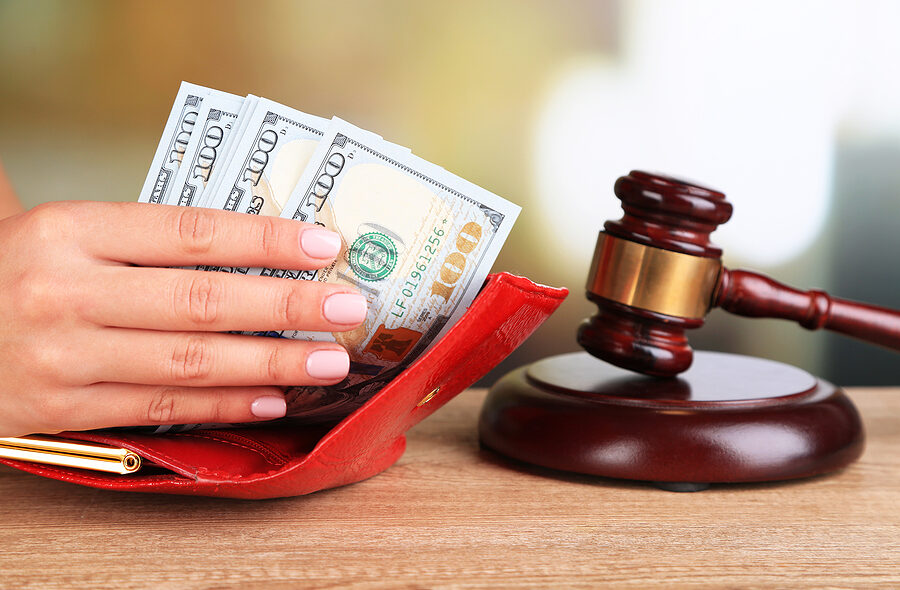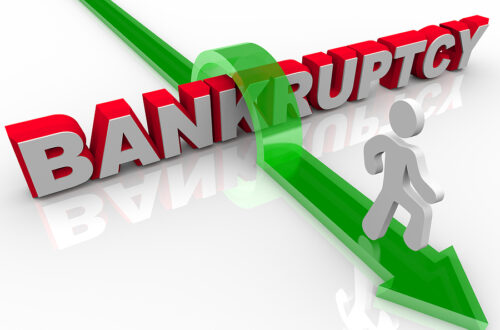Wage garnishment is a common tool used by creditors and third-party debt collectors to satisfy a judgment on an outstanding debt. Consumers who are facing the possibility of a wage garnishment should understand what exactly a garnishment means for him or her.
A wage garnishment is a legal procedure ordered by a judge after a court issues a judgment on a debt. The garnishment order allows the consumer’s employer to take a portion of his or her wages prior to the check being given to the consumer to pay back a creditor. Some common types of debt that can lead to a person’s wages being garnished include: unpaid taxes, overdue child support, defaulted government student loans, delinquent credit card loans, and outstanding medical bills.
According to the human resources management company, ADP, 7.2 percent of employees have had their wages garnished. Of these garnishment orders, 40 percent were for child support while 20 percent were for unpaid taxes owed to the government. Student loan garnishments have increased in recent years, going up by 40 percent since 2006. According to ADP, between October 1, 2015, and September 30, 2016, over $665 million wages were garnished.
Fortunately, you have many legal options to prevent or stop wage garnishments from occurring.
Additionally, federal law puts a limit on how much of a person’s wages can be garnished. The federal Consumer Credit Protection Act (CCPA) controls how much employers can garnish from an employee’s wages to prevent overly burdensome garnishments. Under the CCPA, the maximum amount that can be garnished from a consumer’s wages cannot be the lesser of 25 percent of the employee’s disposable earnings or the amount by which the person’s wages are greater than 30 times the federal minimum wage.
The CCPA also prevents an employer from discharging an employee because his or her wages have been garnished for one debt. However, if the employee has his or her wages garnished for two or more debts, the CCPA does not prevent them from being let go from employment.
Exceptions exist, however, as to how much can be garnished from a person’s wages. For example, the limit imposed by the CCPA does not cap how much of a person’s wages can be garnished for child or spousal support obligations or for past due tax debt.
Wages are not the only thing that can be garnished. A judgment creditor is also authorized to garnish a consumer’s savings and checking accounts with no restrictions.
When a consumer is facing a collections action, it is important that he or she not ignore the proceedings. Answer the collection complaint when it is received and attend hearings ordered by the court. The failure to do so could result in a default judgment and a quick wage garnishment order against the consumer.
If a consumer is struggling financially, even with the wage garnishment order, a bankruptcy filing may be the best choice for him or her to receive some financial relief. Garnishment orders are part of the bankruptcy’s automatic stay where all collection actions are paused for the duration of a bankruptcy case.
Filing for bankruptcy in Florida puts an automatic stay on wage garnishment, which immediately stops Florida wage garnishment. The automatic stay lasts for as long as the bankruptcy. With the automatic stay in place, you will be able to take home your entire paycheck.
If you have questions on this topic or are in financial crisis and considering filing for bankruptcy, contact an experienced Miami bankruptcy attorney who can advise you of all of your options. As an experienced CPA as well as a proven bankruptcy lawyer, Timothy Kingcade knows how to help clients take full advantage of the bankruptcy laws to protect their assets and get successful results. Since 1996 Kingcade Garcia McMaken has been helping people from all walks of life build a better tomorrow. Our attorneys’ help thousands of people every year take advantage of their rights under bankruptcy protection to restart, rebuild and recover. The day you hire our firm, we will contact your creditors to stop the harassment. You can also find useful consumer information on the Kingcade Garcia McMaken website at www.miamibankruptcy.com.


